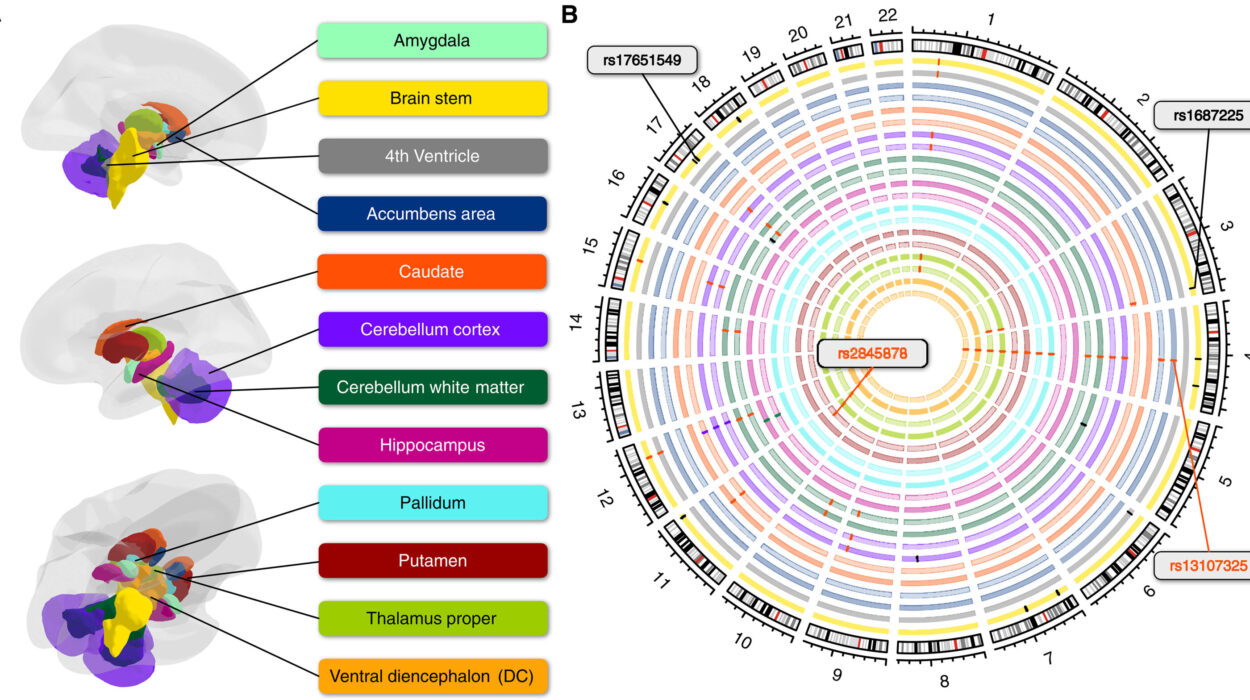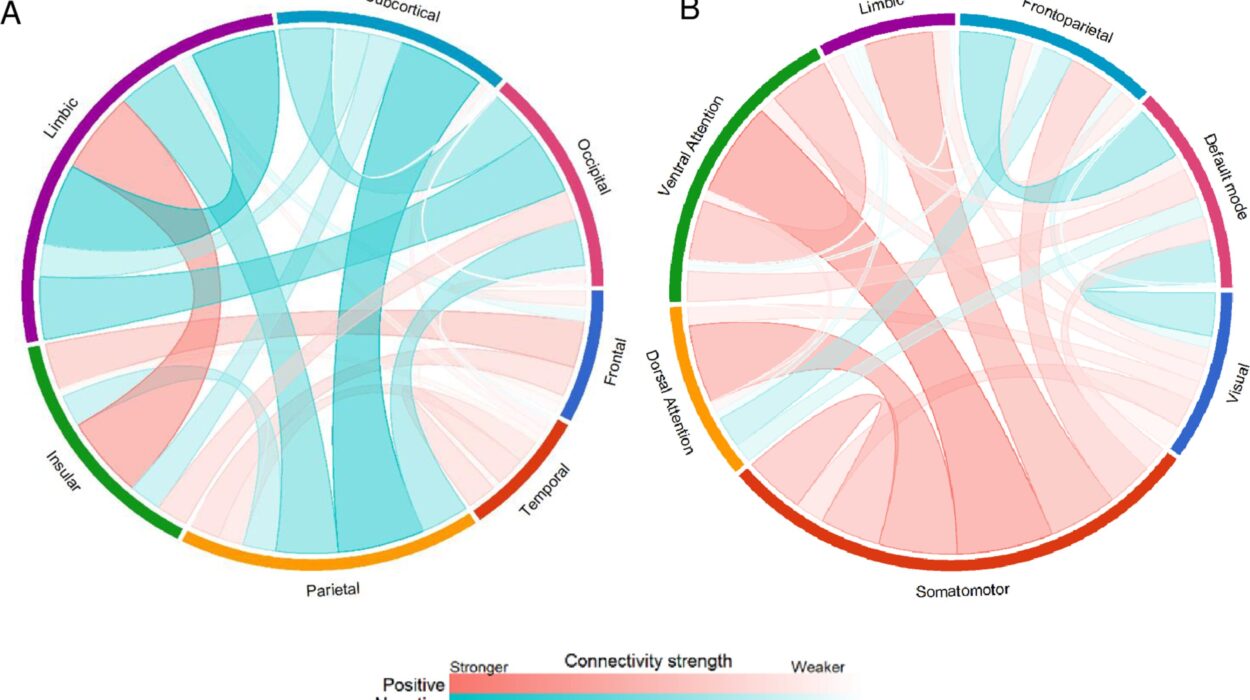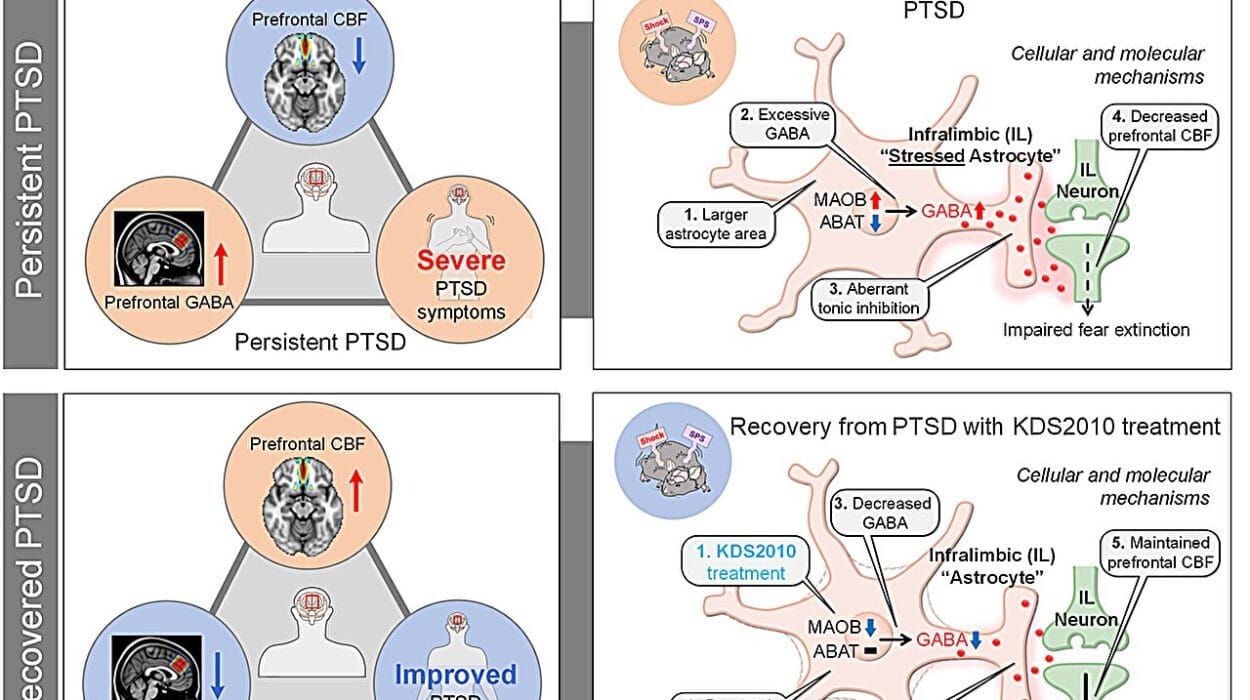A recent study, conducted by researchers from the Center for Quantitative Health at Massachusetts General Hospital and Harvard Medical School, has provided important insights into the association between social media use and irritability in U.S. adults. The study, titled Irritability and Social Media Use in US Adults, published in JAMA Network Open, sheds light on how frequent social media use, particularly among individuals who post regularly, is linked to heightened levels of irritability. This survey-based research is unique because, while much of the existing literature has focused on the relationship between social media use and depressive symptoms, less attention has been paid to other negative emotional responses, such as irritability.
Understanding Irritability and Its Impacts
Irritability is often defined as a tendency to experience anger, frustration, or agitation, and it can manifest in emotional outbursts, impatience, and sometimes aggression. Although irritability itself is a common emotion, its persistent presence can lead to functional impairments, strained relationships, and poorer mental health outcomes. In some cases, long-term irritability has been linked to more serious consequences, including depression, anxiety, and even suicidal behaviors.
While irritability is an important emotional state that affects daily life, research on how it is influenced by social media use has been relatively sparse. Instead, many previous studies have focused primarily on the relationship between social media use and depressive symptoms. However, this study expands the scope by examining how frequent use of platforms like Facebook, Instagram, TikTok, and Twitter/X might specifically trigger irritability among users, highlighting the potential psychological consequences of these platforms that go beyond depression and anxiety.
Study Design and Methodology
The study was based on data gathered from two waves of the COVID States Project, a national nonprobability web-based survey that was conducted from November 2, 2023, to January 8, 2024. This survey aimed to explore the relationship between social media usage and irritability, with the inclusion of data on both mental health symptoms (depression and anxiety) and social media engagement. A total of 42,597 U.S. adults participated in the survey, making the study’s sample size both large and diverse.
To measure irritability, the researchers used the Brief Irritability Test (BITe), a five-item questionnaire that asks respondents to rate their irritability over the past two weeks. The BITe produces scores ranging from 5 to 30, with higher scores indicating greater levels of irritability. The test also helps assess how irritability affects emotional regulation and overall psychological well-being.
In addition to the BITe, participants were asked about their frequency of social media use, political engagement, and other sociodemographic characteristics. The researchers analyzed social media usage across several dimensions, including posting frequency, political engagement, and platform preference. Social media use was categorized as never, less than once per week, once per week, several times per week, once per day, several times per day, or most of the day.
The study also explored how active posting and political news consumption were associated with irritability. Specifically, it looked at how frequently people posted on social media and whether they engaged with political content or news, which is a significant aspect of online behavior today.
Key Findings of the Study
The results of the study revealed several noteworthy trends that underscore the complex relationship between social media use and irritability:
Higher Social Media Use Linked to Greater Irritability
Participants who reported using social media most of the day scored 3.37 points higher on the BITe in unadjusted models, indicating significantly greater irritability. After adjusting for potential confounding factors such as depression and anxiety, the increase remained notable, at 1.55 points. This suggests that, even when accounting for other psychological factors, frequent social media use was independently associated with higher irritability levels.
Frequent Active Posting is a Key Contributor
One of the most striking findings was the dose-response relationship between posting frequency and irritability. Individuals who posted frequently—especially multiple times per day—had the highest irritability scores. This pattern was consistent across all platforms, with TikTok users showing the largest increase in irritability (1.94 points). Active posters, particularly those involved in sharing personal content or engaging with larger communities, seemed to experience the most negative emotional effects from social media interaction.
Political Engagement and Social Media Use
Another interesting aspect of the study was its focus on the role of political engagement. Frequent political posting or consuming political news on social media was strongly correlated with increased irritability. This finding aligns with the notion that political content, which can be emotionally charged and contentious, may exacerbate negative emotions like anger and frustration. Moreover, even participants who followed political news “not very closely” reported a slight decrease in irritability, suggesting that less intense political engagement might have a moderating effect on irritability levels.
Sociodemographic Factors
The study also gathered sociodemographic data from participants, including age, gender, and political affiliation. The mean age of participants was 46 years, with 58.5% identifying as women, 40.4% as men, and 1.1% as nonbinary. While the study found that social media use was widespread, with 78.2% of participants reporting daily use of at least one platform, it also indicated that gender and age may play a role in the relationship between social media use and irritability. However, the study primarily focused on the behavioral aspects of social media use rather than demographic characteristics.
Irritability and Mental Health Symptom Overlap
The study accounted for depression and anxiety, which are frequently co-occurring mental health issues that overlap with irritability. Even after adjusting for these factors, the correlation between high social media engagement and increased irritability remained statistically significant. This highlights the potential for social media use to directly influence negative emotional states, even in the absence of underlying psychological conditions.
Interpretation of Results and Potential Feedback Loop
While the study found a strong association between social media use and irritability, the researchers emphasized that the results do not establish a causal relationship. That is, while social media use appears to be linked to increased irritability, it is unclear whether social media use is directly causing this irritation or whether irritated individuals are more likely to engage heavily with social media as a means of coping or venting their frustration.
This raises the possibility of a feedback loop: individuals who experience higher irritability may engage more frequently with social media as a way to express their emotions, but their social media use may then further aggravate their irritability, perpetuating the cycle.
Implications for Public Health and Future Research
The findings from this study have important implications for public health, particularly in light of the growing influence of social media on daily life. As social media platforms continue to shape how people communicate, consume information, and engage with political and social issues, understanding their psychological impact is critical.
The study suggests that high levels of social media engagement, particularly active posting, could contribute to negative emotional outcomes like irritability, which may, in turn, have broader implications for mental health. As irritability is linked to functional impairments and poorer mental health outcomes, there is a pressing need for interventions or strategies to mitigate the negative emotional effects of social media.
Future research will be crucial in exploring the underlying mechanisms driving the relationship between social media use and irritability. Questions about how the design and features of social media platforms (e.g., notifications, political content, algorithmic feeds) contribute to emotional responses should be examined in greater depth. Additionally, understanding how individual differences (e.g., personality traits, emotional regulation skills) influence this relationship could inform personalized interventions.
Conclusion
In conclusion, this study provides compelling evidence that frequent social media use, especially active posting and political engagement, is associated with higher levels of irritability in U.S. adults. While the findings do not establish causation, they suggest a potential feedback loop in which irritability drives social media engagement, which in turn exacerbates irritability. As social media platforms continue to play a central role in modern life, it is important for future research to explore these dynamics further and for individuals to consider the emotional consequences of their online behavior.
Reference: Roy H. Perlis et al, Irritability and Social Media Use in US Adults, JAMA Network Open (2025). DOI: 10.1001/jamanetworkopen.2024.52807






